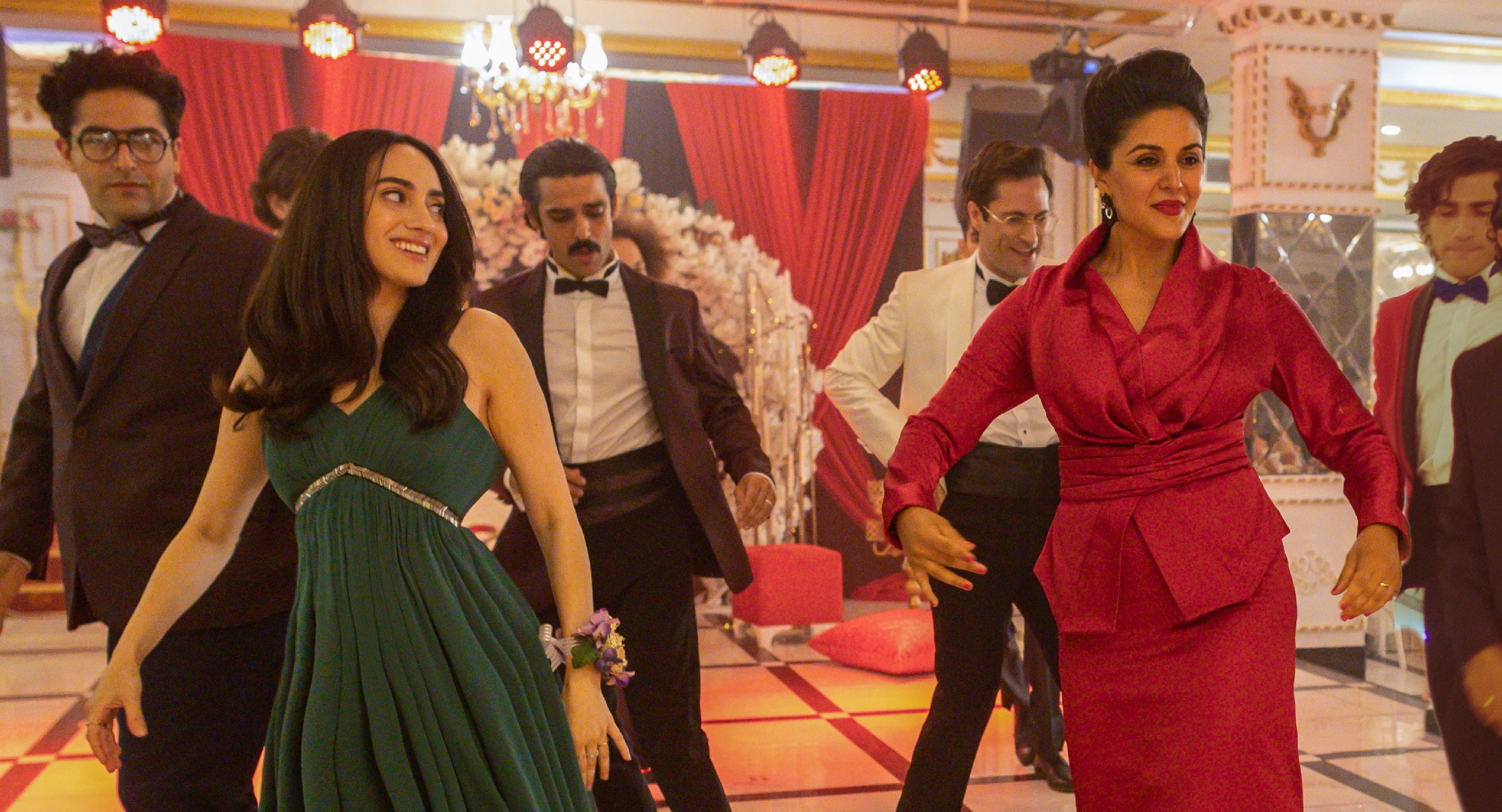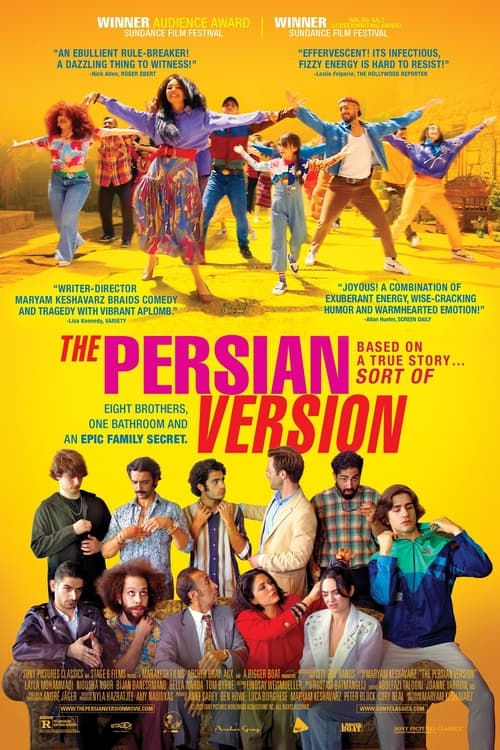The Persian Version – Film Review
Published November 10, 2023

Maryam Keshavarz is the director and writer of The Persian Version, which is a gripping story about the complexities of cultural identity, family dynamics, and personal development. The film, which stars Layla Mohammadi as Leila, Niousha Noor as Shireen, and Bijan Daneshmand as Ali Reza Jamshidpour, explores the difficulties a young Iranian-American woman faces as she attempts to strike a delicate balance between her heritage and her family’s changing dynamics. The film has flaws, even though it does a good job of sincerly and humorously capturing the spirit of these themes.
The film’s dedication to accurately capturing the Iranian-American experience is among its best attributes. The Persian Version does a great job of drawing the audience into the protagonist’s world’s rich cultural tapestry, right down to the language used at home and the rituals and festivities that are portrayed. The film presents a complex picture of the Iranian diaspora, providing a welcome break from clichés.
The ensemble gives excellent performances, with Layla Mohammadi’s portrayal of Leila being particularly noteworthy. The internal struggle of a young woman split between her yearning for independence and her family’s expectations is deftly captured by Mohammadi. Shireen, played by Niousha Noor, is a pivotal character who offers an alternative viewpoint on family ties. The film gains depth and emotional resonance from the chemistry between Mohammadi and Noor.
Keshavarz skillfully uses comedy as a storytelling tool to address difficult family problems. In addition to providing entertainment, the situational comedy and sharp dialogue also allow for the exploration of generational and cultural divides. The film achieves a careful balance by highlighting the characters’ hardships through humor without downplaying their difficulties.
The Persian Version‘s cinematography enhances the storytelling experience by skillfully capturing the vivid colors and cultural aesthetics. Leila’s internal and external exploration is mirrored by the film’s setting, which alternates between Iran and the United States. The film’s intricate narrative is enhanced by the way traditional Iranian landscapes are contrasting with the contemporary American setting.
The film does a good job of examining cultural and familial themes, but there are times when the pacing seems a little off. A few scenes drag on longer than they should, which throws off the story’s overall flow. There are times when the movie’s rhythm makes it difficult for viewers to follow along, especially during pivotal emotional scenes where a shorter cut would have been preferable.
The supporting characters don’t get nearly as much attention as the main characters, despite the latter’s excellent writing and convincing portrayal. With the exception of her mother and sister, Leila’s relationships with her family members frequently feel forced. Other family members’ perspectives are not fully explored in the movie, which results in some relationships being underemphasized and having less of an impact.
The Persian Version translation follows specific formulaic plot lines that are typical of coming-of-age stories. The movie takes a well-known plot path of conflict, resolution, and self-discovery; instead of taking chances with storytelling, it occasionally goes down well-traveled paths. Although the movie does a good job of accurately capturing cultural quirks, viewers who are familiar with similar themes may find the overall narrative structure to be formulaic.
The Persian Version presents a novel viewpoint on the experiences of Iranian-Americans and is a praiseworthy examination of cultural identity and family dynamics. Strong performances, a deft use of humor, and a dedication to authenticity all work together to create an engaging and thought-provoking movie. It falls short of its full potential, though, due to pacing problems and a fairly formulaic narrative structure. Even with its shortcomings, Maryam Keshavarz’s film is still a significant contribution to the world of film, giving a voice and a story to a variety of voices in the comedy-drama genre.
